The workshop “Manifesto for the Just City”, now in its third edition, is a digital lecture and debate series composed of four online sessions with leading academics and practitioners in the fields of urban theory, urban planning and spatial justice. Upon participation in the online lecture series, teams of students areinvited to draft a Manifesto for the Just City, expressing what their visions for cities that are sustainable, fair and inclusive for all.
This activity is organised by TU Delft, IHS Erasmus University of Rotterdam (The Netherlands), the University of Illinois, the Winston-Salem State University, Morgan State University (US), The Cape Peninsula University of Technology (South Africa) and more.
This activity is supported by Pakhuis de Zwijger, a unique cultural organisation which opened its doors in 2006 and has grown to be an independent platform for and by the city of Amsterdam and its inhabitants.
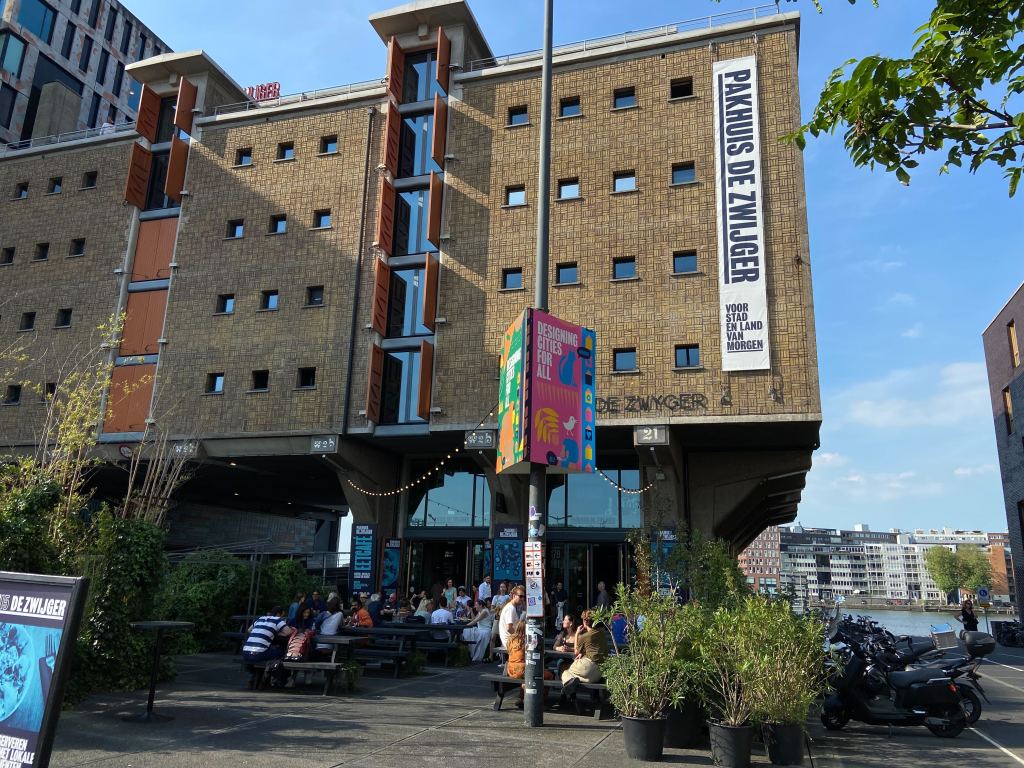
We invite you and your colleagues to work in groups of 3-5 to write a MANIFESTO of no more than 1000 words laying out your vision for the Just City. The manifesto can be written in any language, as long as a good English translation is provided by the participants.
In order to help you write your manifesto, we invite you and your group of fellow students to take part in a 4-part online lecture series organised by several partner universities online.
In each session, you will have the opportunity to debate with like-minded people from other universities and to put your ideas into writing. At the end of this exercise, we hope you will have enough ideas and material to write a trailblazing manifesto with your group.
The best manifestos will be published in an open access book. Previous Manifestos have been released in two books published by the Delft University of Technology Open Source books.
All participants submitting a manifesto and taking part in the online lectures will be provided with a certificate of participation by the Delft University of Technology.
For inquiries, please contact Roberto Rocco at r.c.rocco@tudelft.nl
REGISTER HERE:
https://forms.gle/ogzDsiwqMbXT91pJ7
WORKSHOP PROGRAMME
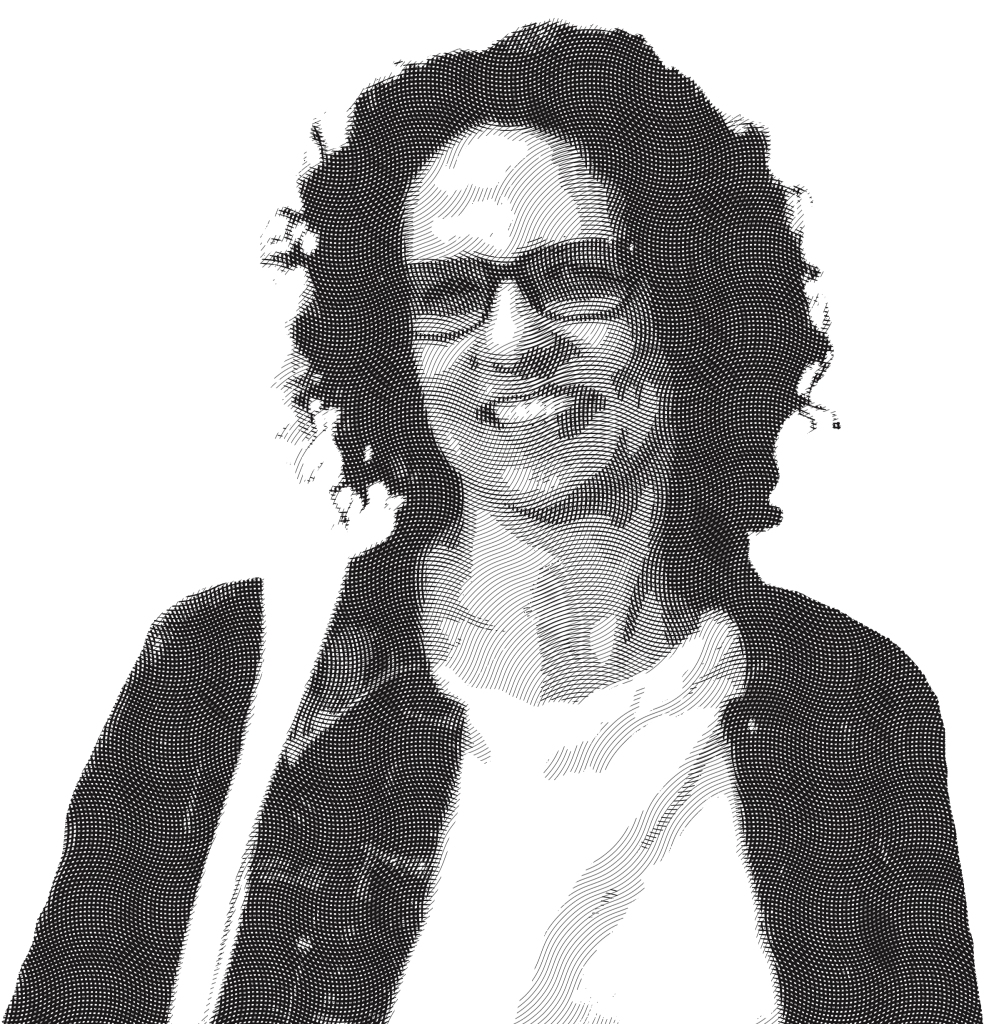
19:00 CET (Amsterdam)/ 12:00 CDT (Chicago): Opening: introduction to the event
19:10: Keynote speaker: Clarissa Freitas (insurgent planning in Fortaleza)/ Federal University of Ceará
19:40 Q&A
19:50 Break
20:00 STUDENT MANIFESTO WORKSHOP: Break-out rooms with students: preparation of statements [100-200-word statements]
20:30 Students’ statements
20:40 End
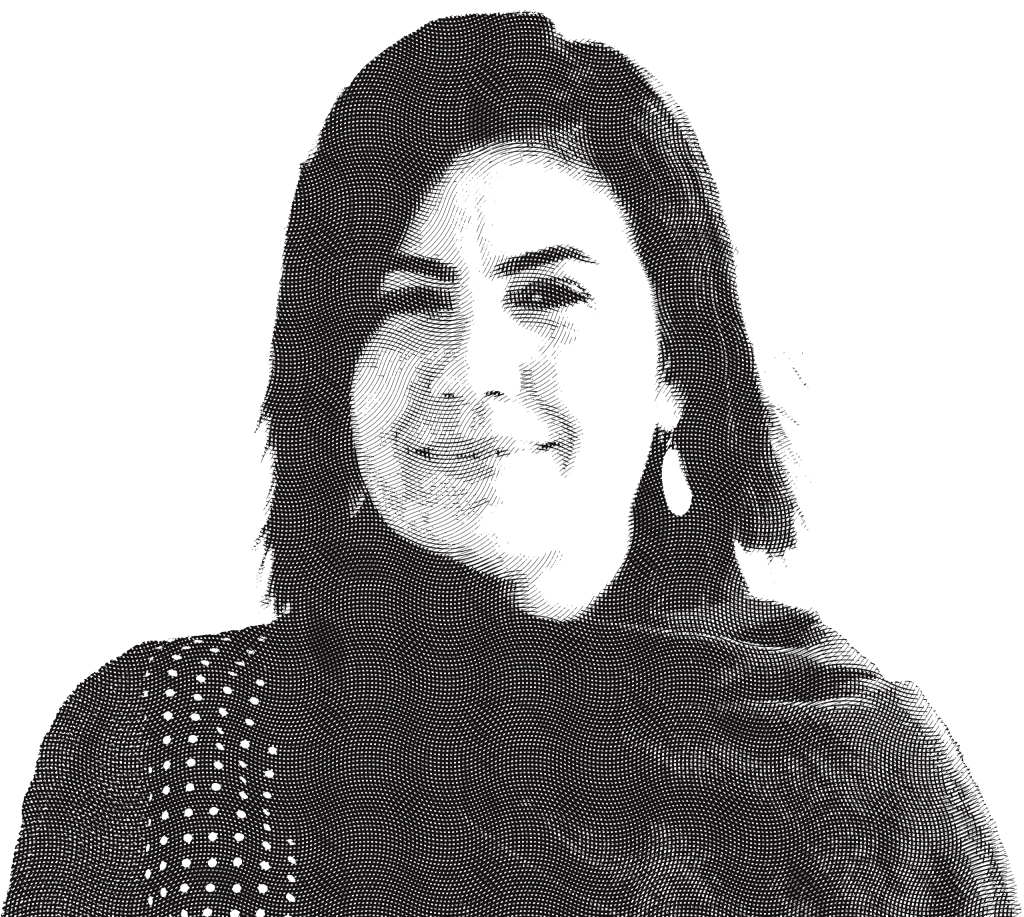
19:00 CET (Amsterdam)/ 12:00 CDT (Chicago): Opening: introduction to the event
19:05 Keynote speaker: Hiba Bou Akar (insurgent planning in Beirut)/ Columbia University
19:35 Q&A
19:45 Break
19:55 STUDENT MANIFESTO WORKSHOP: Break-out rooms with students from participating universities: preparation of statements [100-200-word statements]
20:30 Students’ statements
20:40 End
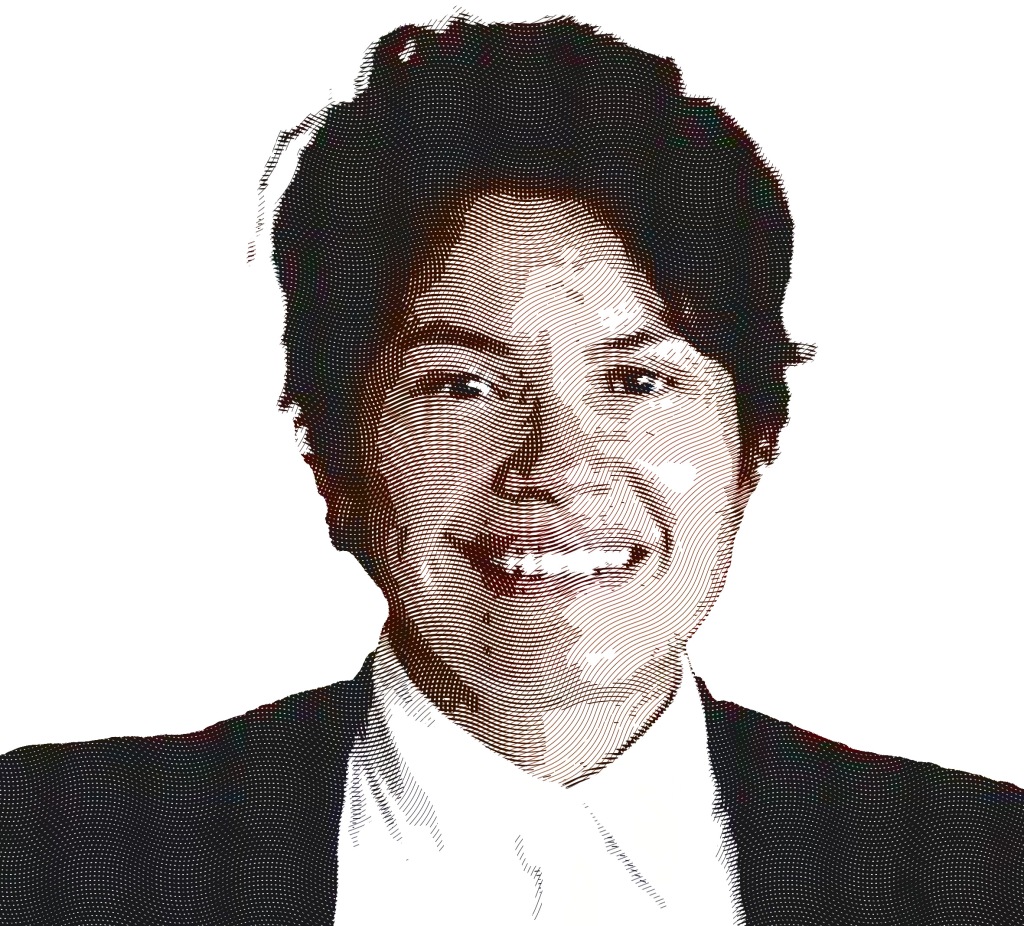
19:00 CET (Amsterdam)/ 12:00 CDT (Chicago): Opening: introduction to the event
19:05: Keynote speaker: Gynna Millan Brightside (insurgent planning in Colombia)/ Universidad del Valle
19:35 Q&A
19:45 Break
19:55 STUDENT MANIFESTO WORKSHOP: Break-out rooms with students from participating universities: preparation of statements [100-200-word statements]
20:30 Students’ statements
20:40 End
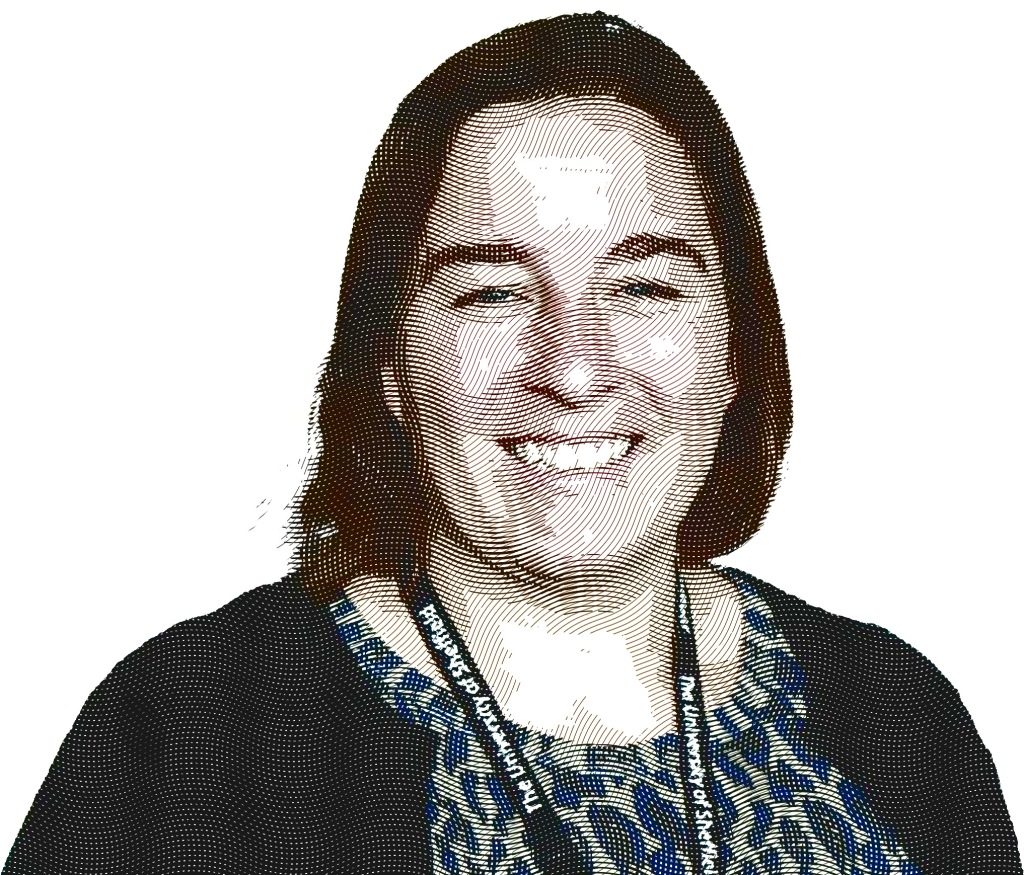
19:00 CET (Amsterdam)/ 12:00 CDT (Chicago): Opening: introduction to the event
19:05 Keynote speaker: Vanesa Castán Broto (Climate Justice)/ Sheffield University
19:35 Q&A
19:45 Break
19:55 STUDENT MANIFESTO WORKSHOP: Break-out rooms with students from participating universities: preparation of statements [100-200-word statements]
20:30 STUDENT MANIFESTO WORKSHOP: Final statements from students from participating universities + closing remarks
20:40 End
Links to the previous Volumes:
A MANIFESTO FOR THE JUST CITY VOL. 1
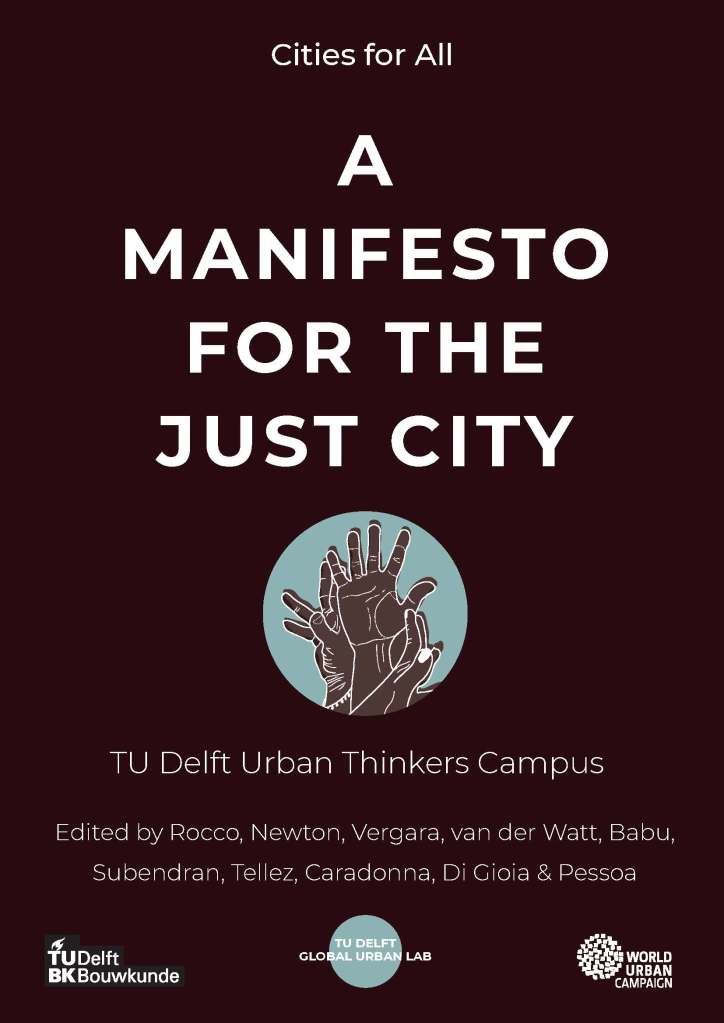
A MANIFESTO FOR THE JUST CITY VOL. 2
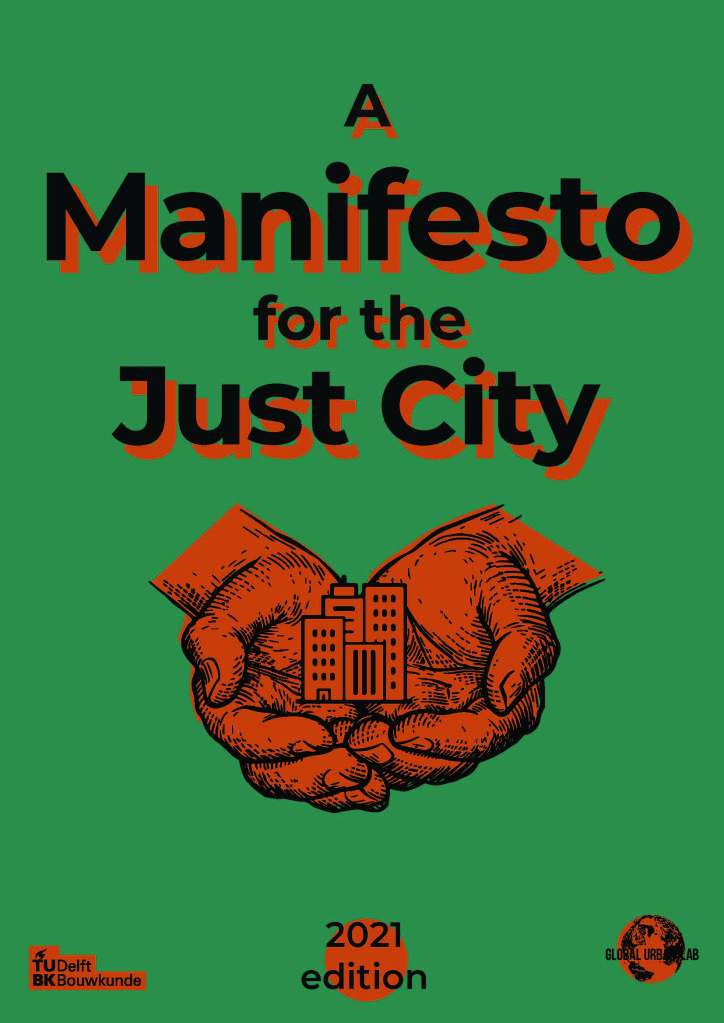
About the speakers:
Clarissa Freitas is an urban planning scholar at the Federal University of Ceará (UFC) in Fortaleza, Brazil. She works at the intersection of urban design policies and the political economy of urbanization. She has recently conducted research on the challenges that informal settlements pose to planning policies. She researches and collects data in community action projects in informal settlements.
Hiba Bou Akar is an Assistant Professor at Columbia University’s Graduate School of Architecture, Planning, and Preservation. Her research focuses on planning in post-conflict cities, the question of urban security and violence, and the role of religious political organizations in the making of cities. She has also worked as an architect and urban planner in Beirut.
Gynna Millan Franco is an urban designer and researcher specializing on smart cities in the global south, with a focus on informal settlements. Gynna’s work incorporates participatory approaches such as video, design, and photography. She works as a postdoctoral researcher at Colombia’s Universidad del Valle on the project “Building Equitable Urban Futures in Transition Areas in Cali and Havana (GREAT).”
She has taught at the Polytechnic University of Valencia, University College London, and the National University of Colombia as a visiting professor.
Vanesa Castán Broto is a professorial fellow at the Urban Institute, University of Sheffield. In 2016 she received the Philip Leverhulme Prize for contributions to Geography. In 2013 she received a United Nations Award for Lighthouse Activities that contribute to fight climate change with a focus on the urban poor.
Her previous books include An Urban Politics of Climate Change and the edited collection Participatory Planning for Climate Compatible Development. She was also a contributing author to UN-Habitat’s 2016 World Cities Report.
REGISTER HERE
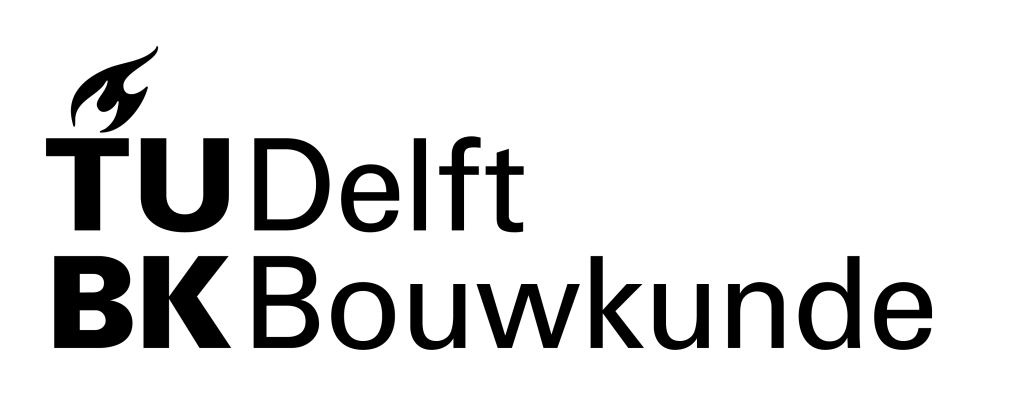
The world is facing a number of simultaneous intertwined shocks that affect us all: climate change, environmental collapse, war, pandemics, democratic erosion and growing inequality are just some of the most pressing public challenges we must face together. At the core of our actions to address these challenges is the idea of JUSTICE. Justice is what allows us to live together in society and to cooperate with each other. For political philosopher John Rawls “Justice is the first virtue of social institutions, as truth is of systems of thought. A theory however elegant and economical must be rejected or revised if it is untrue; likewise laws and institutions, no matter how efficient and well-arranged, must be reformed or abolished if they are unjust”.
In our rapidly urbanising world, it seems logical to seek for the JUST CITY, a city where justice can be expressed in the fair distribution of the burdens and benefits of our life together, and where all can lead a happy fruitful life, and where democracy and
But for us, the Just City is not only a place that allows all its citizens to live a healthy and accomplished life, but also a city that allows the planet to regenerate itself and a city that fosters civic life and democracy, affording all its inhabitants the RIGHT TO THE CITY.
In order to collect ideas and discuss ways to teach and learn how to make our cities more just, sustainable and inclusive, we want to hear from students from all over the world.
We wish to invite you and your friends to write a manifesto of no more than 1000 words laying out your vision for the Just City. The manifesto should be written in groups of between 3 and 5 students from any discipline related to the built environment (spatial planning, urban geography, design, architecture, landscape design, engineering, etc.) The manifesto can be written in any language, as long as a good English translation is provided by the participants. The manifesto can also be illustrated (remember, images and text are complementary). We will only accept original pictures, drawings or illustrations produced by the participants (please, be mindful of copyrights!).
In order to help you write your manifesto, we invite you and your group of fellow students to take part in a 4-part online workshop sponsored organised by several partner universities online. Each part of this activity will provide you with new ideas about key topics of urban development, like a mini-online course. In each session, you will have the opportunity to debate with like-minded people from other universities and will be invited to write short paragraphs with them. At the end of this process, we hope you will have enough ideas and material to write a trailblazing manifesto with your group.
The best manifestos will be published in an open access book.
All participants submitting a manifesto and taking part in at least two online lectures will be provided with a certificate of participation by the Delft University of Technology.
In order to participate, you need to:
1. Fill out this form.
2. Find a group of colleagues from your university or from other universities. Groups must have a maximum of 5 participants. Groups can also include members of different universities.
2. There is no limit to the number of groups from the same university.
3. Get together with your group and discuss: what should be in your manifesto? Maybe here you could make a start! (We will send you a “manual” on how to write a manifesto later on).
4. Take part in the four-part Urban Thinkers Campus organised by TU Delft, which will take place on 17, 24 and 31 OCTOBER and and 7 NOVEMBER 19:00 CET, 12:00 CDT (a link will be sent to you).
5. Submit your final text before the 1st of January 2023.
REGISTER HERE